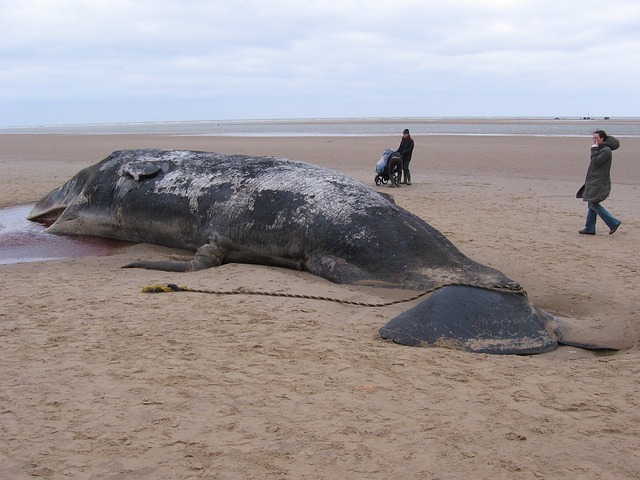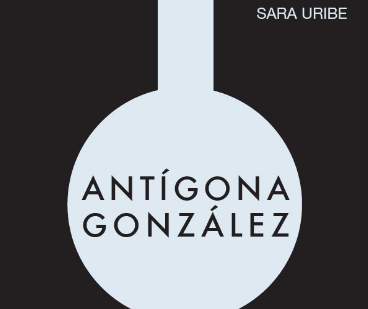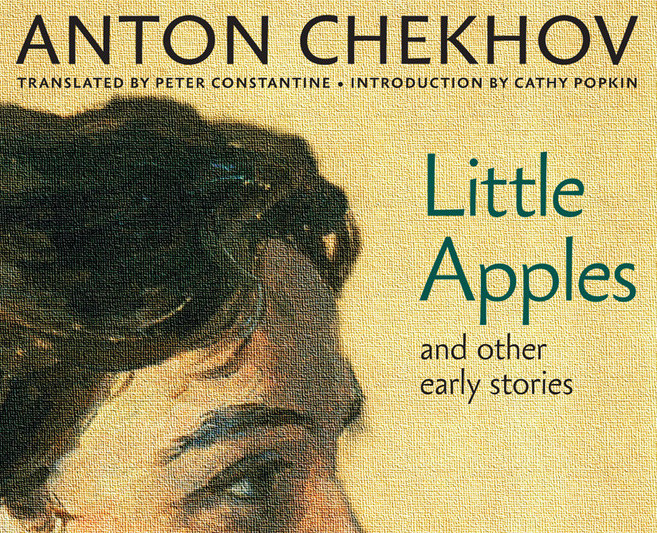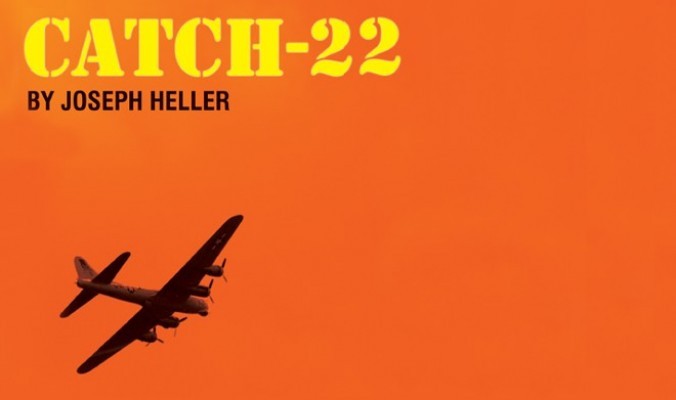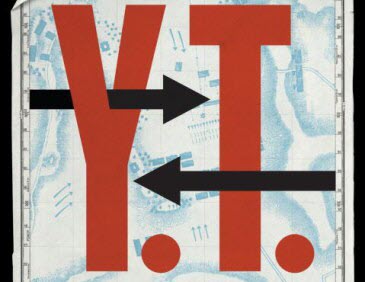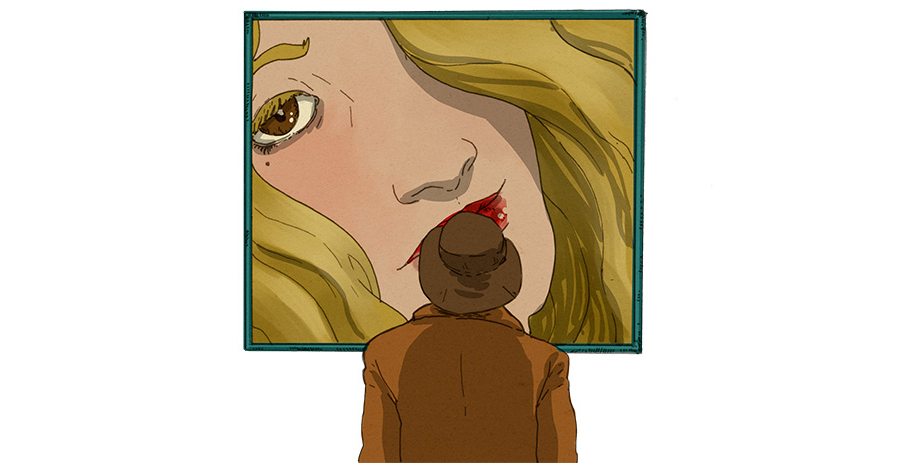Nadia Comaneci’s gold-medal performance at the Olympic Games in Montreal is the starting point for a whole new generation. Eric Dupont watches the performance on TV, mesmerized. The son of a police officer (Henry VIII) and a professional cook—as he likes to remind us—he grows up in the depths of the Quebec countryside with a new address for almost every birthday and little but memories of his mother to hang on to. His parents have divorced, and the novel’s narrator relates his childhood, comparing it to a family gymnastics performance worthy of Nadia herself.
Life in the court of Matane is unforgiving, and we explore different facets of it (dreams of sovereignty, schoolyard bullying, imagined missions to Russia, poems by Baudelaire), each based around an encounter with a different animal, until the narrator befriends a great horned owl, summons up the courage to let go of the upper bar forever, and makes his glorious escape.
***
From the first lot we lived on, if you went down a big grassy hill and crossed the road you’d find us by the river. In the summer, the sand could become burning hot in the sun, despite the glacial currents that flowed down from Labrador. Reels of dried-up seaweed revealed how high the tides rose and stretched out in arcs from east to west. We found green sea urchin skeletons, blue shells, and pink tampon applicators. Sometimes we would step on a piece of glass polished by the salt. It would slide so smoothly between our fingers that we could barely imagine its sharp past. When we held it up to the sun it would look like part of a stained-glass window washed up on the beach at Matane. Coke and Pepsi bottles produced translucent shards of polished white. The green bits of glass came from 7UP bottles. Beer bottles splintered into small, dark amber pieces. On this strip of beach, the waves deposited at our feet the shattered stained-glass windows of a church sunk off the Matane coastline. My sister and I picked up the pieces without ever beginning the impossible task of putting them back together. We knew that they had once been part of a whole, but that an earthquake had probably separated them. The sea salt had made them smooth so that their edges no longer fit together. They had taken on a shape all their own. They could be traced back to a family only by their colour. A distant kinship. They had ended up where the Gulf of St. Lawrence melts into the northern blue sky, leaving ships arriving from the Atlantic in July dangling from an invisible thread. The horizon gives way to a blue void that draws the soul northward. The trip is pleasant enough. When you really let yourself go, you soar high above the gulf, the taiga, and the permafrost, until you reach the tundra, where on a sunny January day you can drift off into the light of the north. READ MORE…

